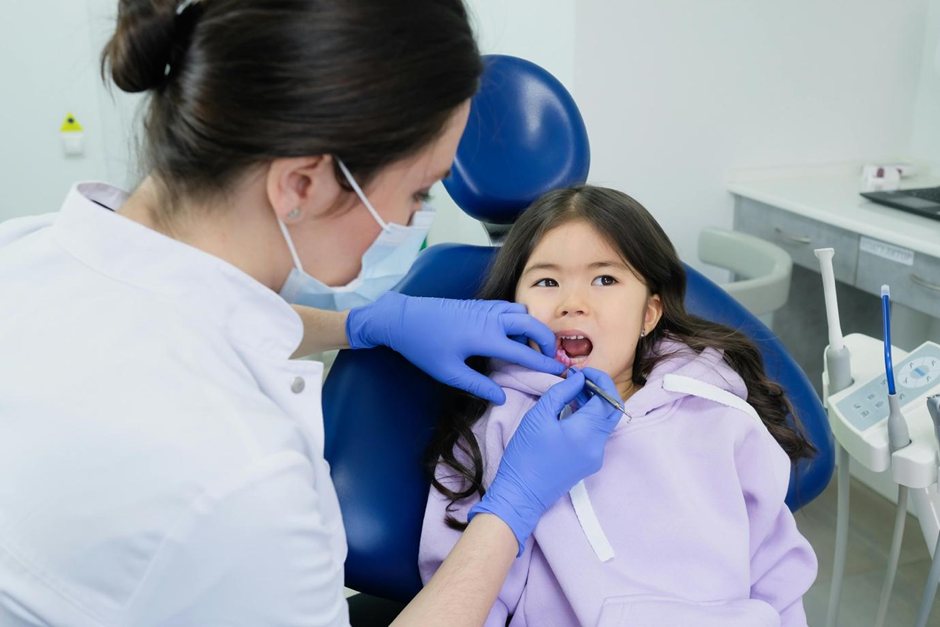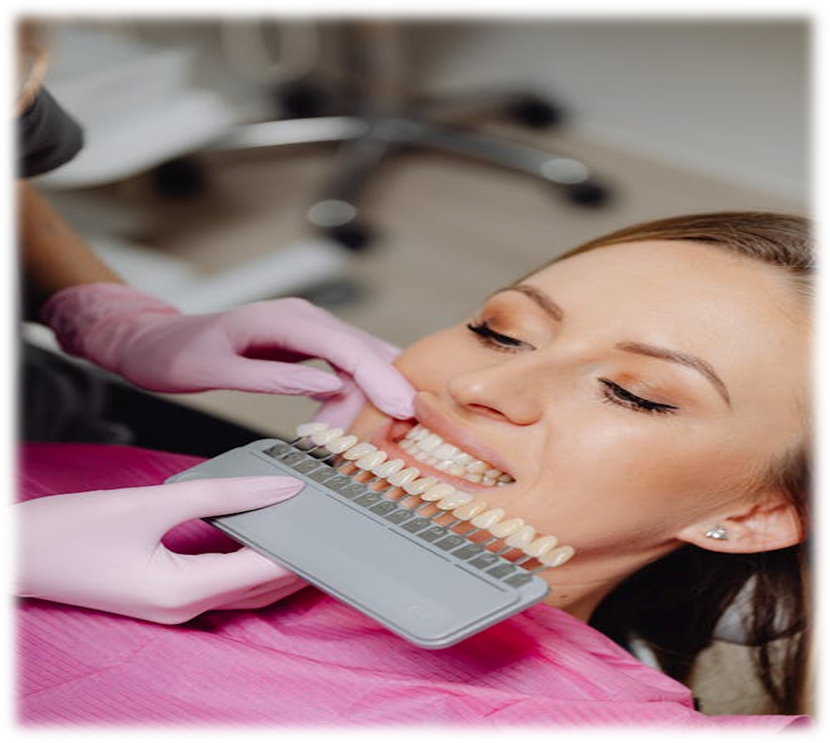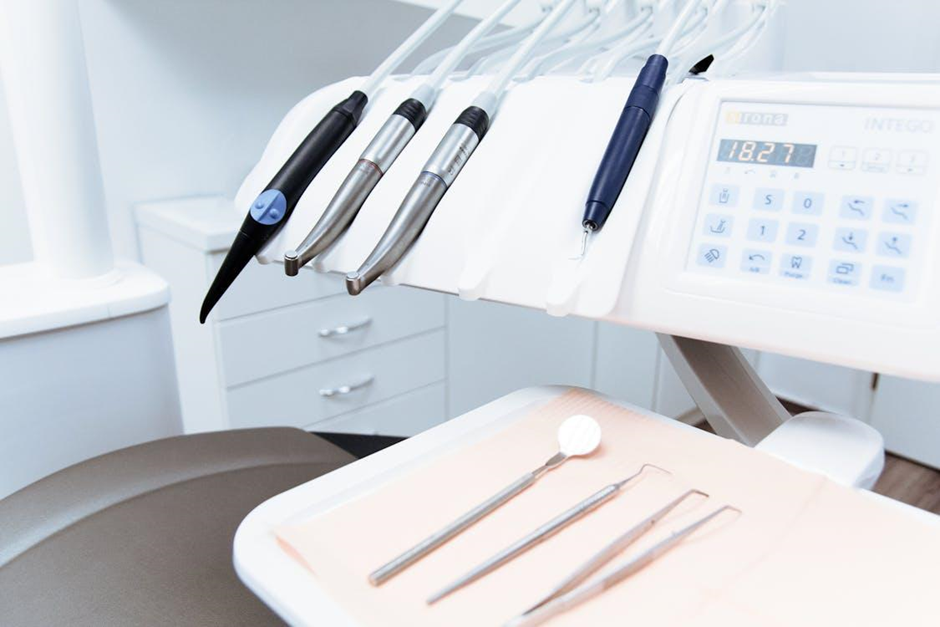5 Practical Tips to Stop Teeth Grinding and Protect Your Smile
Teeth Grinding
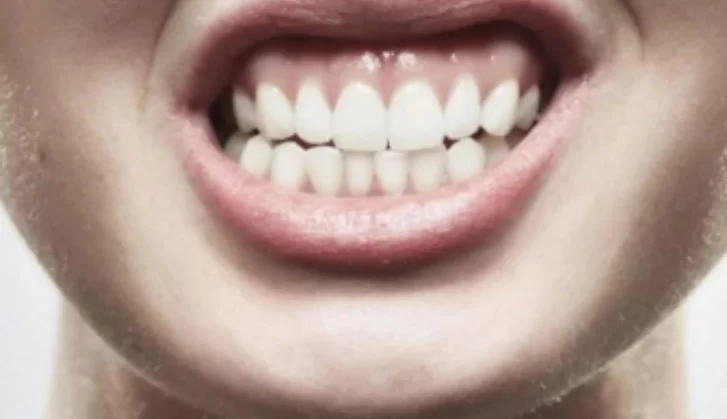
5 Practical Tips to Stop Teeth Grinding and Protect Your Smile

Teeth grinding or bruxism affects countless people. It usually occurs while you sleep and can damage your teeth without you even knowing it. Moreover, in extreme cases, this involuntary habit can lead to severe dental issues, including wear and tear on teeth, jaw pain, and Headaches.
Thankfully, it’s possible to manage and prevent this condition with practical steps. This blog post will explore five actionable tips that you can easily integrate into your daily routine to protect your smile from the effects of teeth grinding.
What Is Teeth Grinding?

Teeth grinding, or bruxism is a common issue that often goes unnoticed until dental damage appears. Typically triggered by stress and anxiety, bruxism involves involuntary grinding or clenching of teeth, either during the day or at night.
Over time, this can lead to significant dental issues, including worn enamel, tooth sensitivity, and even fractures. Recognizing the early signs is critical to preventing severe damage and managing the condition effectively.
How To Stop Teeth Grinding Naturally
To tackle teeth grinding effectively, it’s essential to incorporate daytime strategies. This section outlines two practical tips that focus on enhancing awareness and relaxing your jaw during the day to prevent the onset of bruxism and protect your dental health.
Tip #1: Conscious Awareness
Combatting teeth grinding starts with self-awareness. During your day, frequently check in with yourself to ensure you’re not clenching your jaw or grinding your teeth, especially during stressful situations.
Simple awareness can significantly reduce the occurrence of bruxism and its associated dental issues. Setting reminders on your phone or leaving sticky notes around your workspace can serve as effective cues to maintain a relaxed jaw position.
Tip #2: Exercise Your Right to Relax
Moving on, relaxation isn’t just good for your mind; it benefits your jaw. Incorporate specific exercises that focus on stretching and relaxing your jaw muscles. For example, gently open and close your mouth while controlling your jaw movements.
This can help ease muscle tension and prevent the grinding that often happens unconsciously. Regular practice of these exercises can create a habit of keeping your jaw relaxed, thus protecting you from the wear and tear caused by bruxism.
How To Stop Teeth Grinding At Night
As night falls, safeguarding your smile becomes crucial. This section offers valuable tips on protecting your teeth from grinding while you sleep, ensuring your dental health remains Intact.
Tip #3: Custom Night Guards
Investing in a custom night guard can be a game changer for tackling teeth grinding directly. These guards, precisely molded to fit your teeth, provide a barrier that prevents wear and tear while you sleep.
Using a night guard significantly reduces the risk of long-term dental issues linked to bruxism. Not only do they protect your teeth, but they also help lessen jaw tension and the associated discomfort.
Tip #4: Set the Scene for a Soothing Sleep
Additionally, creating a calming bedtime environment can reduce or avoid teeth grinding. For instance, you can read a book or take a warm bath. Moreover, you can ensure your bedroom invites relaxation with minimal noise and comfortable bedding. These steps help promote a deeper, more restful sleep, reducing the likelihood of grinding your teeth due to stress or discomfort during the night.
Lifestyle Adjustments for Long-term Relief
Subtle lifestyle and dietary adjustments can be highly effective in reducing teeth grinding. This section offers insights into how proper hydration and thoughtful dietary choices can alleviate bruxism, helping maintain oral health and overall well-being.
Tip #5: Diet and Hydration

Adjusting your diet can play a pivotal role in managing teeth grinding. Avoid hard or chewy foods that strain your jaw, opting for softer options that ease muscle tension. Additionally, cutting down on caffeine and alcohol, which can increase tension and exacerbate bruxism, is crucial. Equally important is staying hydrated.
Drinking plenty of water throughout the day helps maintain optimal muscle function and overall health, supporting your efforts to control teeth grinding. These dietary changes benefit your jaw and improve your overall dental health.
Professional Interventions
Professional interventions offer advanced solutions beyond simple at-home care for those facing persistent teeth grinding.
This section explores when to seek medical advice and highlights innovative treatments like Botox and biofeedback, which provide substantial relief and prevent further dental damage.
When to Seek Professional Help?
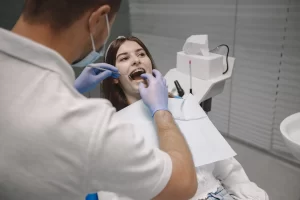
Despite your best efforts with self-managed strategies, sometimes professional intervention is necessary to handle severe cases of teeth grinding.
If you experience persistent jaw pain, frequent headaches, or noticeable wear on your teeth, it is time to see a dentist or doctor, as severe cases may require procedures like a root canal treatment. These symptoms indicate that bruxism affects your health beyond the surface, requiring more than home remedies.
Beyond Night Guards: Exploring Advanced Treatments
While night guards are a standard recommendation for protecting your teeth during sleep, they are not the only solution. Advances in dental care have introduced treatments like Botox and biofeedback, which offer new hope for those struggling with persistent bruxism.
Botox: Not Just for Aesthetics
Botox, commonly used in cosmetic treatments, can also play a crucial role in dental health by temporarily reducing muscle activity. When injected into the jaw muscles, Botox relieves tension, thus reducing the force of teeth grinding.
This can alleviate pain and prevent further dental damage. It’s a quick procedure that, under the supervision of a skilled professional, offers relief lasting for several months.
Biofeedback: Harnessing Technology to Train Relaxation
Biofeedback is another innovative approach. This technique uses electronic monitoring to teach you how to control bodily processes that are usually involuntary, like muscle tension. You learn to relax your jaw muscles through real-time feedback, reducing the frequency and intensity of teeth grinding. This method helps manage bruxism and provides tools to improve your overall stress response.
Securing Your Smile: Safeguarding Against Teeth Grinding
After exploring these five practical tips, you’ll be well-equipped to control your teeth-grinding habits. From incorporating relaxation techniques into your day to wearing a custom night guard, each strategy is designed to contribute to your overall oral health.
Awareness and proactive care are the first steps towards a healthier smile.
Book Your Appointment
If your teeth grinding persists, consider consulting with a dental clinic in Dubai that can offer tailored solutions for your needs. Contact Dr. Paul’s Dental Clinic Phone: +971 4357 5783. Protect your smile it’s worth it!
Book an Appointment With Your Doctor NOW!
Ready for a brighter smile? Schedule your appointment with Dr. Paul’s Dental Clinic today and experience exceptional dental care.
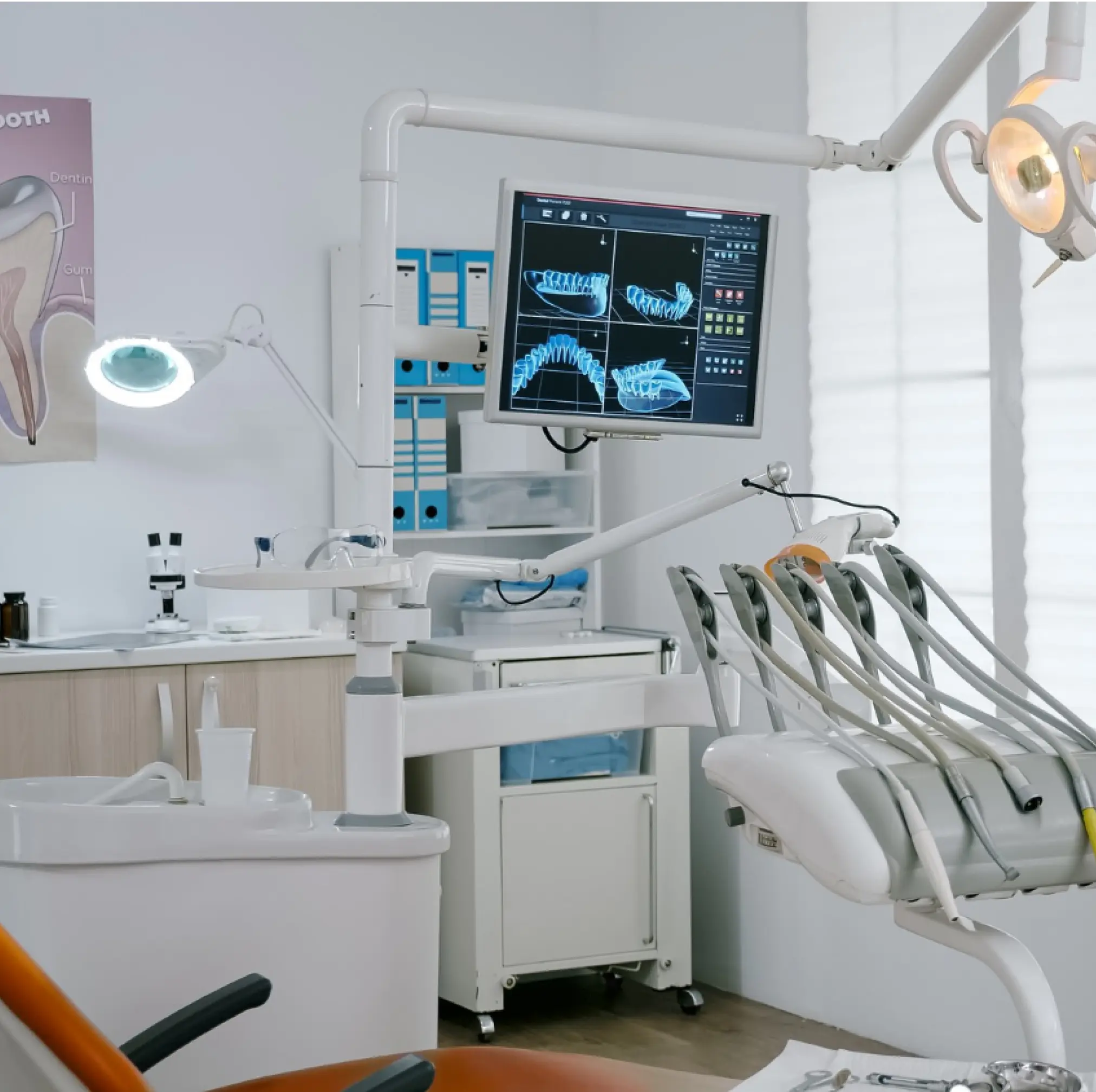
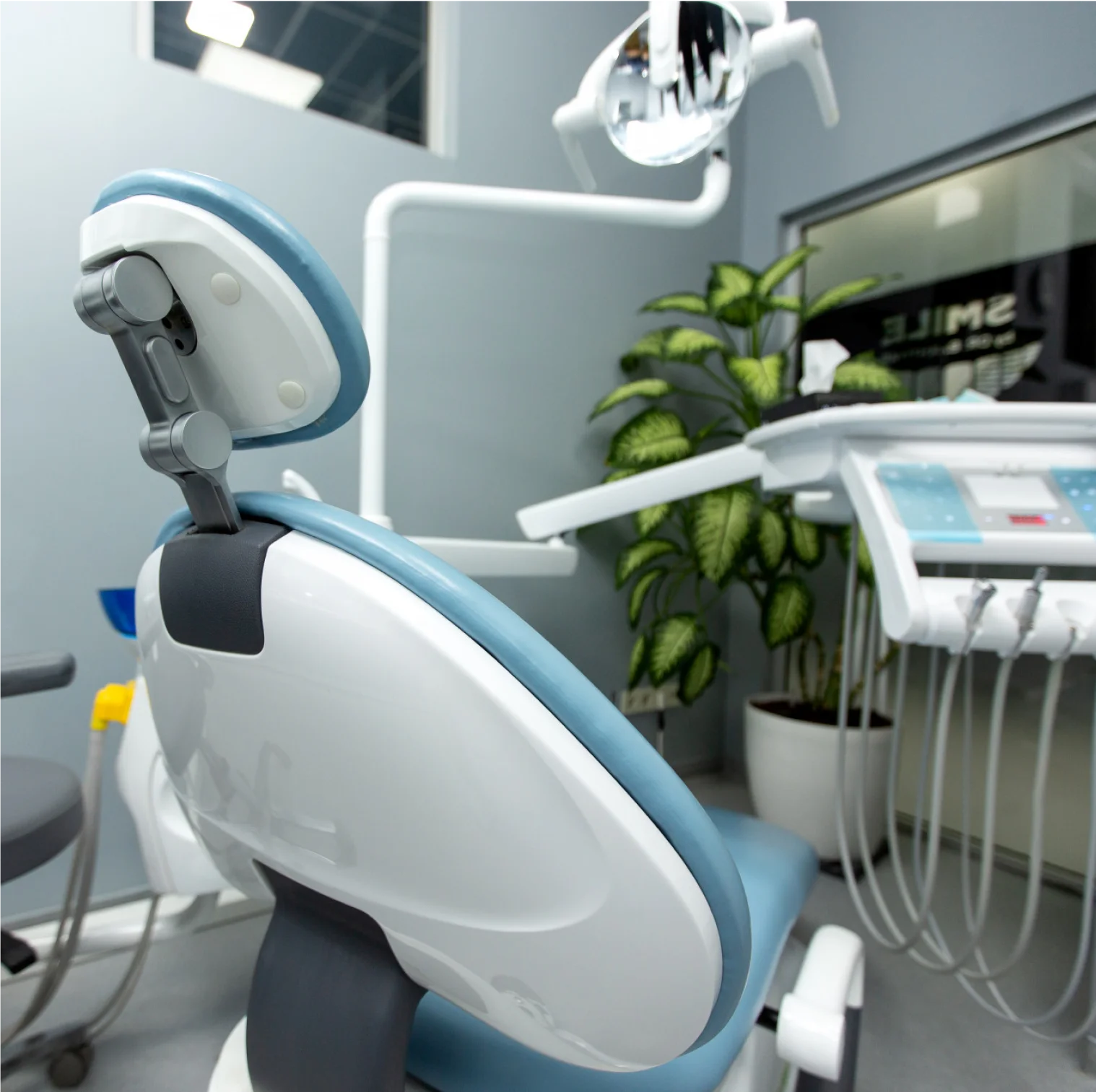
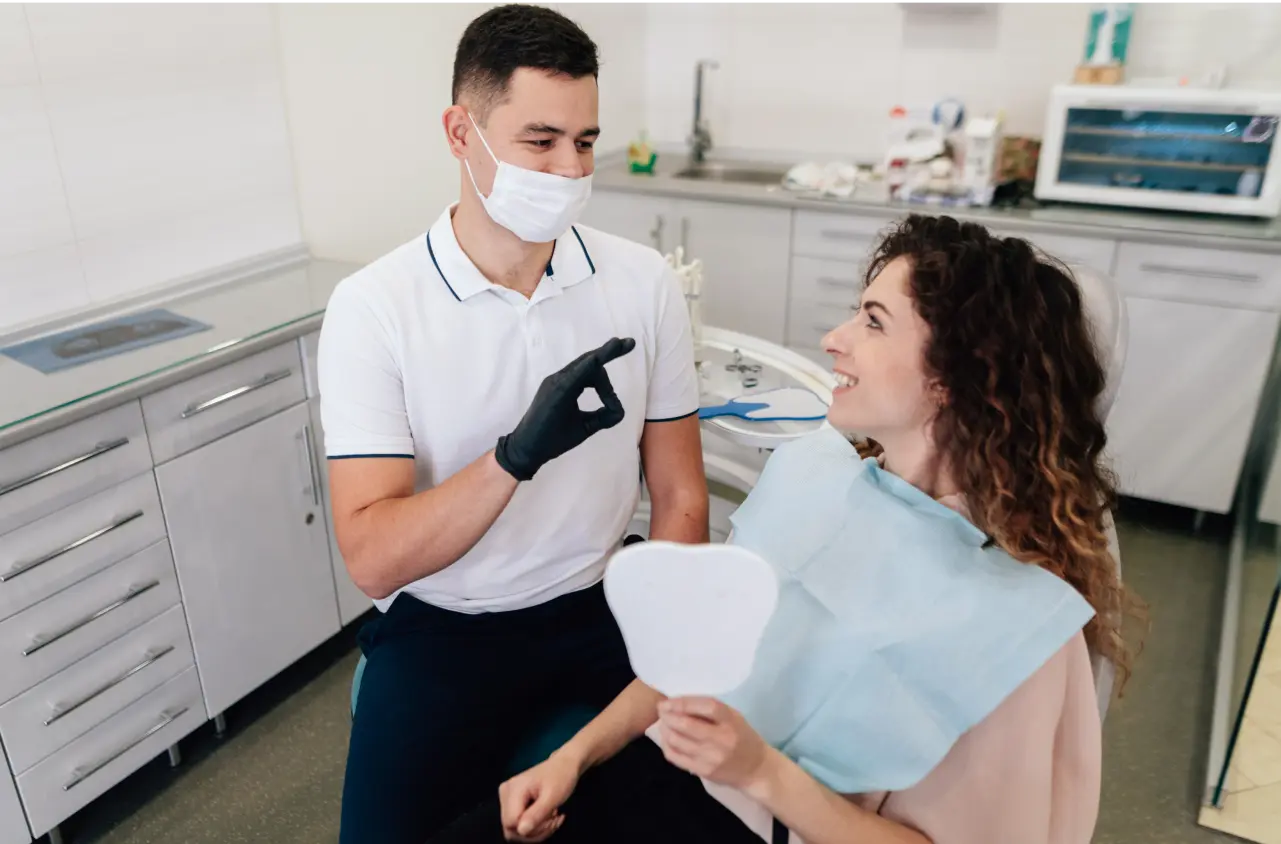
 Dr. Samia Nadim Houssein
Dr. Samia Nadim Houssein 